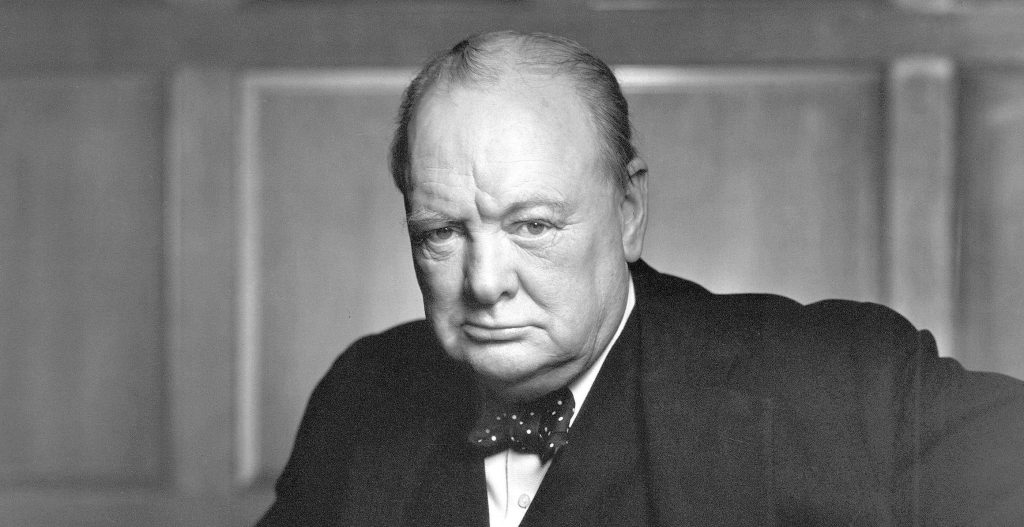 Exercise
Exercise
Tap all the highlighted words in the transcript below to see their definition. ⇩If there is something that has clearly contributed to my growth and maturity, it’s learning how to negotiate. It does not matter if it’s for business or for personal reasons, negotiation skills are important to achieve your goals since, in most cases, you will need help, collaboration, and support from other parties. It’s also important to remember that you need to get what you want from it.
When it comes to negotiation, many elements need to be considered from your soft skills to your communication capabilities. In the end, negotiation is part of our day-to-day life in order to give and take.
Good negotiations build solid relationships, deliver lasting quality solutions (rather than short term fixes that do not satisfy anyone in the end), make progress out of transactions and interactions, and, of course, agreements of peace to avoid conflicts, war, and other atrocities.
“We cannot negotiate with people who say what’s mine is mine and what’s yours is negotiable.“

Meet Chris Voss, Perhaps the best Negotiator in the World
Chris Voss spent 20 years being the top FBI (Federal Bureau of Investigation) negotiator and led more than 150 cases with hostages. He perfected his negotiation skills during the years, allowing him to save hundreds of lives.
More specifically, he focused on the process of influencing by developing empathy.
“The tendency is to go directly at what you want,” he explained. “But, in this case, the shortest distance between two points is not a straight line. It involves taking steps, and each step becomes the foundation for the next. It’s about building rapport–and that requires empathy. And one step leads to another, which then puts you in a position to influence others.”
The key is developing empathy, by understanding another person’s feelings, motivations, and intentions. But it’s important to remember: “Empathy does not equal agreement”.
Good Negotiations Can Change History
1. Nelson Mandela: Harvard Law School recently named Nelson Mandela as one of the best negotiators in history. He was known for his patience, strategic thinking, practicality, and unwillingness to quit. He was able to make concessions but refused to back down from what he thought was most important. He was able to persuade his adversaries and inspire the entire world.

2. Henry Kissinger: Not many members of Nixon’s administration will go down in history for positive things. Mr Kissinger, however, is the notable exception. In his capacity as Secretary of State and National security Advisor to both the Nixon Administration and Ford Administration, he established diplomatic relations with China to diffuse geopolitical tensions with the Soviet Union. His actions ushered in peace in a time of American discord.

3. Winston Churchill: The British Prime Minister of the UK from 1940-1945 and 1951-1955 and Nobel Prize winner, is said to have been a master of a very specific negotiation technique.
A deadly mixture between fait accompli (establishing and presenting circumstances that can’t be changed unilaterally by the negotiation partner) and salami tactics are employed to extract small concessions, that expanded in the course of further negotiations. This tactic is based on the inherent need for consistency of each human being, and the wish to bring order and harmony into one’s perceptions, beliefs, and actions. Let’s check it out:
Churchill: Madam, would you sleep with me for five million pounds?
Lady: My goodness, Mr. Churchill… Well, I suppose so, generally speaking.
Churchill: Would you sleep with me for five pounds?
Lady: Mr. Churchill, what kind of woman do you think I am?!
Churchill: Madam, we’ve already established that. Now we are haggling about the price.
Trapped.

The Impossible Negotiation
One day, in 1912, during the US presidential campaign, Theodore Roosevelt’s campaign manager had a big problem. They had printed three million pamphlets with Roosevelt’s photograph without seeking copyright permission from the photographer and his studio. If sued, the cost of the oversight would come to $3 million. The campaign manager came up with an interesting idea. He sent a telegram to the photographer:
“We are planning to distribute millions of pamphlets with Roosevelt’s picture on the cover. It will be great publicity for the studio whose photograph we use. How much will you pay us to use yours? Respond immediately.”
Worse Case Scenario Negotiation
Imagine a kid going home to tell his parents about the Summer exam scores. Out of 6 tests, he passed 5 and failed in 1 of them. He needs to handle the situations with his parents and manage expectations.
Kid: Dad, I have bad news, something went wrong during my exams and in the end, I only passed 1 test properly and failed in 5 of them. I’m sorry.
Dad: How is this possible? I’m very disappointed. It’s quite obvious you do not deserve to go on holiday as we planned.
Kid: (next day): Dad, I realised I didn’t explain it properly. I didn’t get an “A” in all tests but just 3 of them, for the other 2 I passed well with a “B”. I didn’t pass 1 of them alone.
Dad: Wow. Clearly this is a different story now and I didn’t understand well. Clearly this deserves a reward.
What do you think would have happened if the kid went straight to the point the first time? 😉
Negotiation Tips

1. Shut up and listen: You need to understand the other person’s motivations and interests. Only by asking the right questions taking the information you need will get the insights you need to design your strategy.
2. Define your goal and what you are ready to give away, in advance: Before you start, you need to have a very clear idea about what you want to get and what you are able to sacrifice and give away. In other words, you need to negotiate with yourself before you negotiate with the other person.
3. Don’t be in a hurry: If you are in a rush and the other person gets that, you lost your battle because the other party has control of the negotiation. Never show that you are in a hurry.
4. Show the other person how their needs will be met: There is only one good negotiation. The one where both parties feel they win. Focus on the benefits for the other person.
5. You need two parts to start a negotiation: This is obvious but important to understand. For a negotiation to take place, you need both parts to understand that they are negotiating. If you are willing to negotiate and the other person is fixed, you need to negotiate on how to start the negotiation process. Remember these two steps needed.
Grammar – Reported Speech 
See more
Reported Speech
- We use REPORTED SPEECH to talk about what others have said. REPORTED SPEECH can be DIRECT or INDIRECT, and has two parts: the REPORTING CLAUSE (phrases like “she said,” “Micky told them,” “I had explained,” and so on) and the REPORTED CLAUSE (the words we are reporting). We use QUOTATION MARKS with DIRECT reported speech; we also use COMMAS or COLONS to seperate the REPORTING CLAUSE and REPORTED CLAUSE:
The judge said: “the punishment fits the crime.”
“Be careful!” Alexa screamed.
“I’ll always be your friend,” Matt told me, “no matter what happens.”
Randy warned us: “You will need extra snacks, water, and first aid supplies on this hike.”
-“I did my homework!” Chris said.
Go back to unit 6 to complete all 3 microlessons.


Wow, I ‘ve never thought about it. It’s a good to way to start getting more benefits in your dealings. Thank you very much.
You’re welcome!
Psychology of negotiation is my favourite topic. Using the right principles and techniques can help us not only get what we ask for but also strenghten our relationships with our communication partners. Empathy and seeing things through perspectives of others is a skill and cam be trained and improved.
Hi Mary, thank you very much for this detailed comment.
Amazing!!! Great content, beautiful real human voice (Robin) And awesome pop-up audio player!!! BRAVO!!!
We are so happy that you enjoyed Robin’s lesson!
It’s pretty interesting to know about negotiation skills and the primary steps to be good on it, I really like the article.
Also, I love the new audio
The negotiation process is quite interesting in business and in our personal life. It has to be a win-win situation.